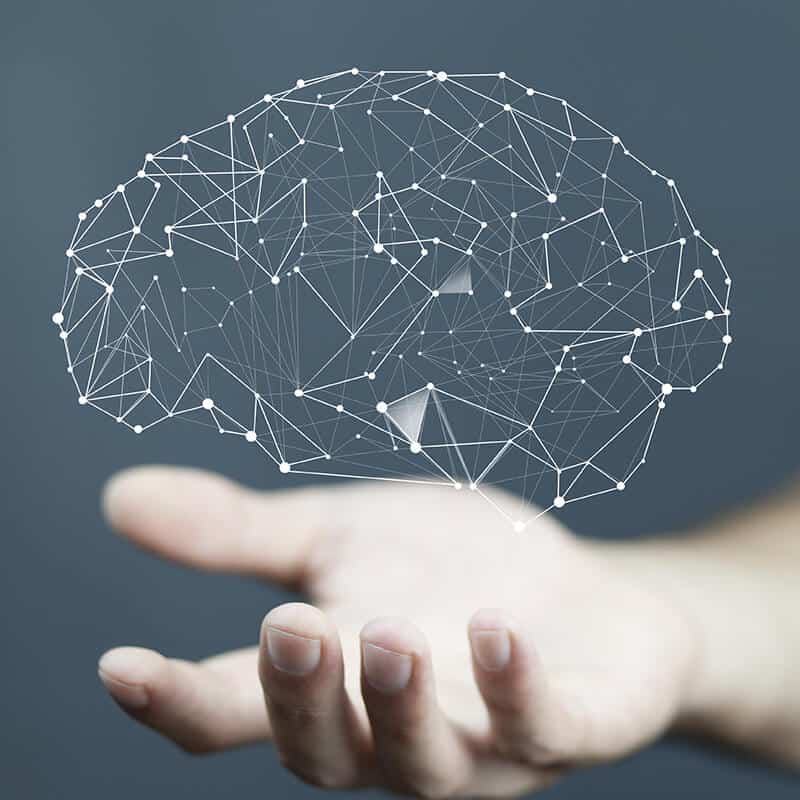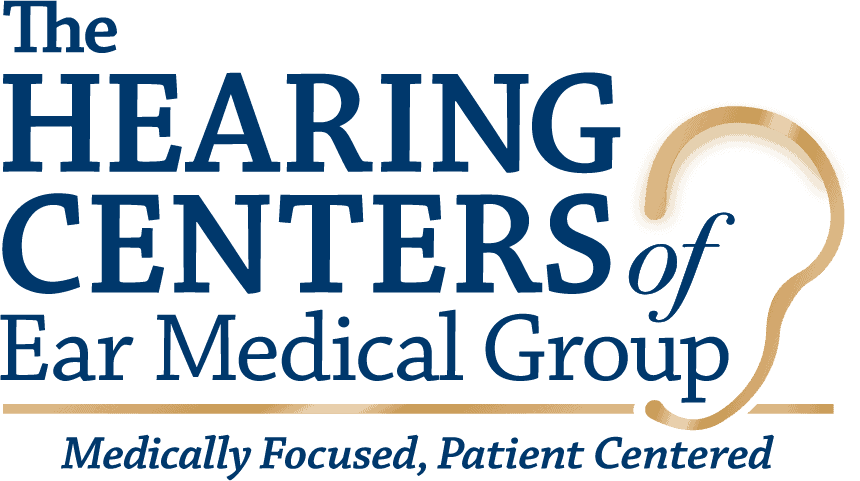Hearing Loss & Cognitive Health
Although they may seem unrelated, recent research has revealed a strong link between hearing loss and cognitive health.
At Johns Hopkins University, Dr. Frank Lin and his associates have designed scientific studies to try to understand the connection between these two seemingly disconnected health issues.
There is an increasing incidence of hearing loss as people grow older. Presbycusis, or age-related hearing loss, is a natural part of aging and progresses as adults are exposed to more and more sound through their lifetimes. At the same time, cognitive decline tends to accompany older age in the later years. People are prone to have lapses of memory, struggle to put a word to their ideas, forget to complete tasks, or misplace objects around the house. Hearing loss and cognitive decline often appear as we get older, so it difficult to determine if they simply tend to coincide or if they have a physiological link.

A Link between Untreated Hearing Loss and Dementia
According to findings from Dr. Lin’s research, there is a connection between the two occurrences, particularly in older adults. In one study, Dr. Lin and his team tracked more than 600 older Americans for 12-18 years and found a correlation between people with untreated hearing loss and cognitive issues. Controlling for other variables, older adults with untreated hearing loss were found more likely to encounter cognitive health issues, such as dementia. The findings concluded that “mild hearing loss doubled dementia risk. Moderate loss tripled risk, and people with a severe hearing impairment were five times more likely to develop dementia.”
Dementia is a broader category of cognitive disorders that includes Alzheimer’s disease. Two major risk factors for developing dementia include untreated hearing loss and social isolation. One possible correlation may be found in the link between hearing loss and difficulties with communication. With healthy hearing, people hear ideas, phrases, and sentences communicated to them in conversations, clearly putting together sounds into meaningful whole thoughts.

On the other hand, people with untreated hearing loss tend to have a fragmented sonic experience in conversation.
They hear bits of sound that sometimes resemble words and sometimes do not. They are unable to hear complete ideas being communicated to them, so the brain encounters a puzzle. Furthermore, they are expected to respond quickly with appropriate answers to questions or other ideas of their own. When people struggle to hear conversation, they may begin to withdraw from social settings. With social isolation, the risk for developing dementia rises. It is this correlation that points researchers to the recommendation to seek treatment for hearing loss to reduce the risk for developing dementia.
Cognitive Load and Untreated Hearing Loss
It comes as no surprise that the experience of untreated hearing loss is a confusing one. Hearing happens in the brain, when inner ear hair cells translate sound waves into neural signals that are processed as sounds that we recognize.

With untreated hearing loss, the link with dementia and Alzheimer’s disease lies in this inability to make meaningful wholes out of sound. The cognitive load facing those with hearing loss becomes too much to bear, and they have to constantly scramble to understand the world. This problem might spread to other aspects of cognition, which may tire out the brain and open up the risk for dementia.
The brain might similarly struggle to do other thoughtful and meaningful processes, such as remembering where objects are place, understanding how to connect ideas with words, and recalling the names of things.
The brain is a vast and mysterious organ of the body, and the nature of the relationship between hearing loss and dementia remains somewhat unclear to researchers. Yet, this connection between the fragmentation of sound and the fragmentation of thinking might hold the key to understanding.
Seeking Treatment for Hearing Loss
With this statistical link between untreated hearing loss and cognitive decline established in research, it is even more important to receive treatment for hearing loss. If you feel like you might have experienced hearing loss, the effects might be even greater than you thought. Not only could the loss of hearing cause mental health issues in terms of anxiety, frustration, anger, and depression, it might also lead to cognitive issues down the line.
Making sure that you can understand the world around you is crucial for a number of reasons, not the least of which is the mechanism that drives dementia and cognition. Take the opportunity as soon as possible to consult with us at the Hearing Centers of Ear Medical Group and take a hearing exam. If a hearing loss is detected, our team will work with you to find the best treatment to meet your needs.
